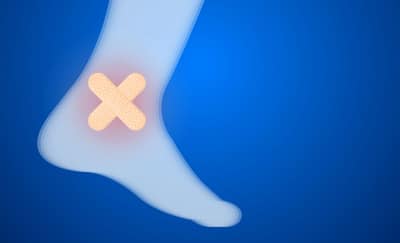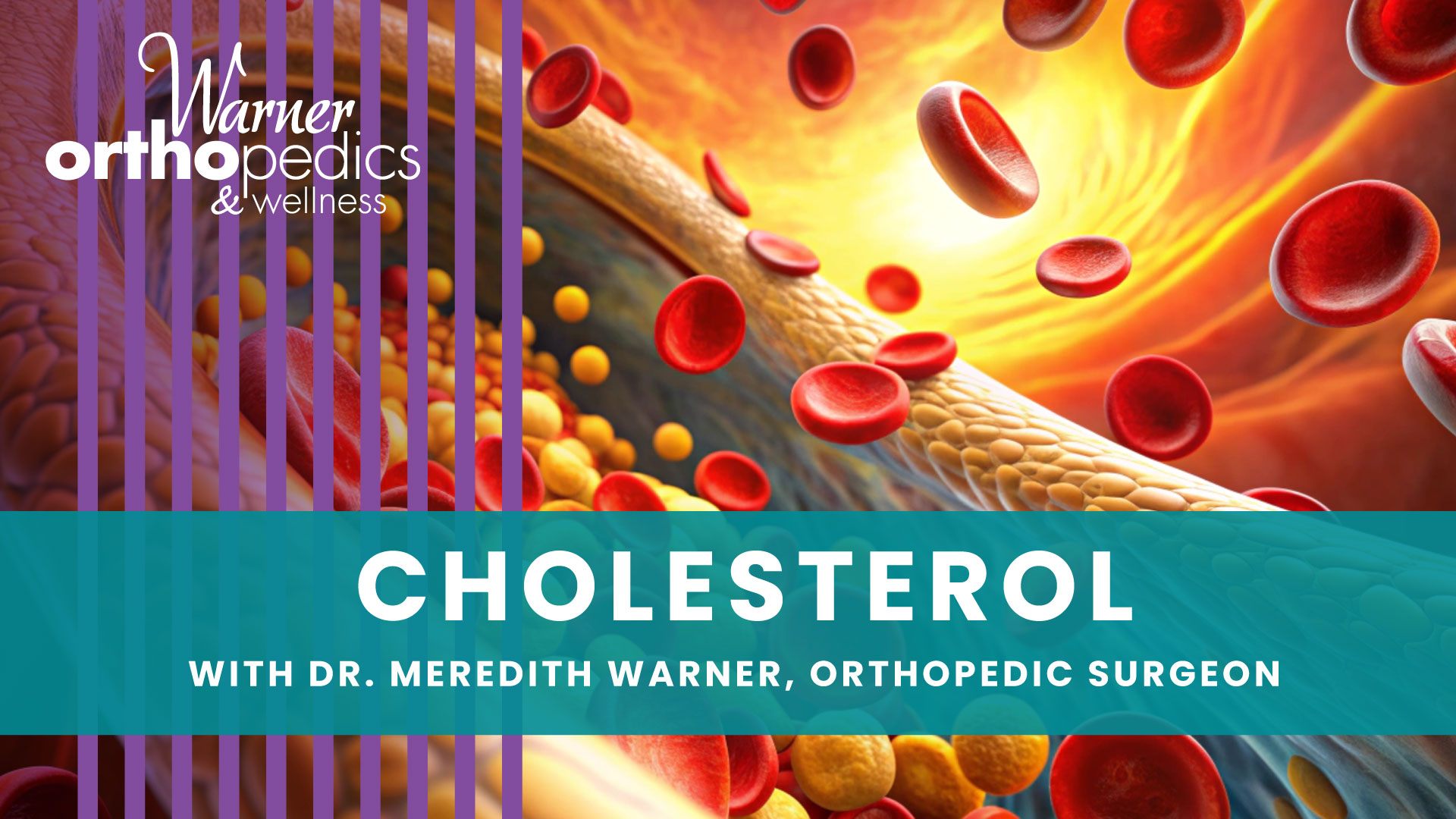Treating A Torn Meniscus Without Surgery

Okay, let’s hear it. The bad news… You’ve got a The good news? Most meniscal tears can actually be treated without surgery!
The knee is a complicated structure with a lot of moving parts, and the meniscus is only one of them. Nevertheless, every joint is linked and connected and one cannot function properly if the others are problematic. It’s important that your physical therapist is well trained and attentive to your particular type of tear and overall condition in case it is a torn meniscus . Usually, even with a fairly significant torn meniscus, treatment should begin without resorting to any sort of operation. Here’s how:
- Physical therapy – PT is a safe, effective, and often very successful way to treat a lot of these tears if paired with proper bracing. A good therapist will understand the importance of checking the hips, ankle and lower back for deficiencies when treating the knee. To treat a meniscal tear, the knee’s flexibility and strength must also be addressed. The muscles that cross the knee (rectus femoris, hamstrings, gastrocnemius, popliteus) act as shock absorbers – and if properly strengthened and conditioned, they can protect a meniscal tear while it heals.
- Advanced physical therapy techniques – More advanced techniques such as dry needling and manual stimulation of the muscles may also be used to treat a torn meniscus. A manual physical therapist (a special and highly trained designation) will be able to manipulate the knee, hip and ankle joints, as well as the spine, as needed to improve the overall leg function. Along with a brace to protect the meniscus while it is healing, these types of therapy can be very effective, and more importantly, they do not involve the risks of surgery.
- Platelet rich plasma injections – Occasionally, injections into the knee for pain relief are required. However, it’s also possible to introduce growth and healing factors via injection – including a remedial substance called platelet rich plasma. At our practice, Dr. Warner often uses these advanced techniques to promote natural healing of the knee tissues (including meniscal tissue) so that her patients may avoid surgery for a torn meniscus.
Although it’s always important to avoid surgery if possible, surgery for a torn meniscus is very common in this country. And sometimes there is no other option. Today, this surgery is performed arthroscopically. So what does that mean?
- Arthroscopic surgery – Most torn meniscus are degenerative in nature, and they must be ‘cleaned up’ or debrided. What this means is a simple removal of the torn portion. To do this, a small (4-5,,) diameter camera and another small tool are inserted into the knee through a small incision. Dr. Warner is then able to see inside with the fiber optic camera while she treats the meniscal tear.
The imperative key to surgery is to keep as much healthy meniscus intact and inside the knee as possible. If too much meniscus is taken out, then the knee is no longer as cushioned. If the meniscus is so torn that a proportionally large portion must be removed, then the treatment after surgery becomes even more critical. Dr. Warner strives to maintain the integrity and anatomy of the knee to the fullest degree possible.
Post-surgery physical therapy is very important, as are bracing and potential injections of healing substances. Consider these tips!
- If you are heavy, it is important to lose weight. Each extra pound above the waist is felt as 4-5 pounds by the knee.
- Get the proper brace. If the right brace is selected by your orthopedic surgeon, the meniscus and cartilage can remain protected, even during contact sports.
- Therapy is important to strengthen the muscles around the knee and to maintain the appropriate flexibility of the knee tissues. If your knee gets weak and stiff after a meniscal surgery, the surgery will not work to reduce pain.
- Usually therapy will start within a week or so after surgery and continue for about 4-6 weeks. One or two visits with the therapist per week is usually adequate.
- Medications should not only include pain medicines, but also supplements devised to promote healing of meniscal tissue along with cartilage.
Our goal is pain relief and better function for patients. Physical therapy, bracing and appropriate medications after a meniscal surgery is part of the program to achieve these objectives. But keep in mind, most torn meniscus injuries do not require surgery – it’s not always about jumping to the extremes. Make yourself aware of your options, so you can take better care of your own body and make educated decisions about the healing process!
Image courtesy of samarttiw / FreeDigitalPhotos.net
Dr. Meredith Warner is a board certified, Fellowship Trained Foot and Ankle, Orthopedic surgeon practicing in Baton Rouge, Louisiana. Dr. Warner is committed to offering her patients an accurate diagnosis along with a comprehensive treatment plan in order to get them back to a pain free life. Dr. Meredith Warner specializes in the treatment of orthopedic issues, providing operative and non-operative treatment plans of orthopedic problems, including musculoskeletal pain such as chronic back, neck and foot pain, reconstructive surgery of the foot and ankle, arthritis, diabetic, hammer toe, bunion, wound care, work injuries, fitness and nutrition and osteoporosis issues.
{{cta(‘bb456f31-3aff-4ca0-a458-b217882fde1b’,’justifycenter’)}}




